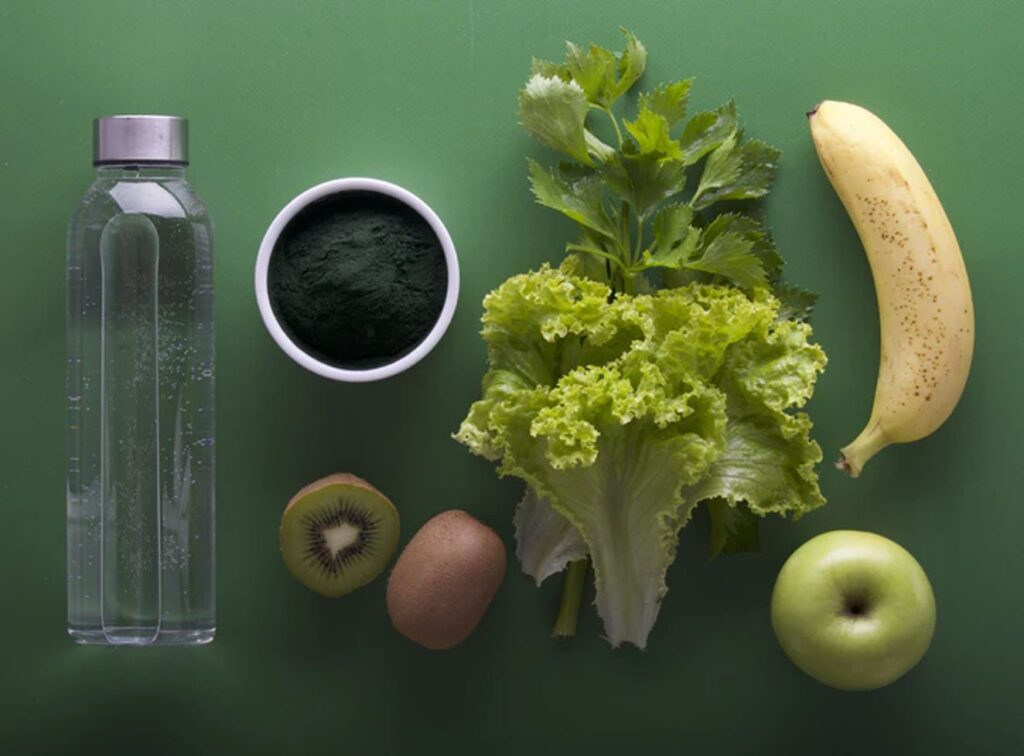It’s a widely known fact that nutrition plays a significant role in a person’s physical health, but you may be unaware of how your diet impacts your emotional state. While most people tend to analyze health by separating brain from the rest of their body, good health refers to your overall well-being from a holistic perspective.
Foods & Moods
Did you know your gastrointestinal tract is often referred to as the “second brain”?
That’s where the connection between what you eat and how you feel stems!
Inside your GI tract, there are billions of bacteria that influence the production of neurotransmitters – the small chemical substances that transfer messages from your gut to your brain.
When you’re following a healthy diet, the growth of “good” bacteria increases, which in turn positively influences the production of neurotransmitters. On the other hand, regular and excessive intake of junk food can result in inflammation, which further hampers production.
In a sense, when your body’s production of neurotransmitters is going well, your brain receives positive messages, and these are reflected in your emotional state / balance. When the food is bad or unhealthy, the production goes awry, followed by a decline in your mood and overall emotional stability.
Which foods are the major guilty party?
Anything and everything with too much SUGAR!
That’s because sugar feeds the “bad” bacteria in your GI tract.
Although eating a piece of cake or a candy bar may make you feel good and happy now, it is merely a temporary spike, without lasting benefits for you and your stability. This spike in your blood sugar will make you feel worse over time, as though you are on an emotional rollercoaster.
So, stick to a healthy diet if you’re aimed at achieving a happier state and stay mindfully focused!
